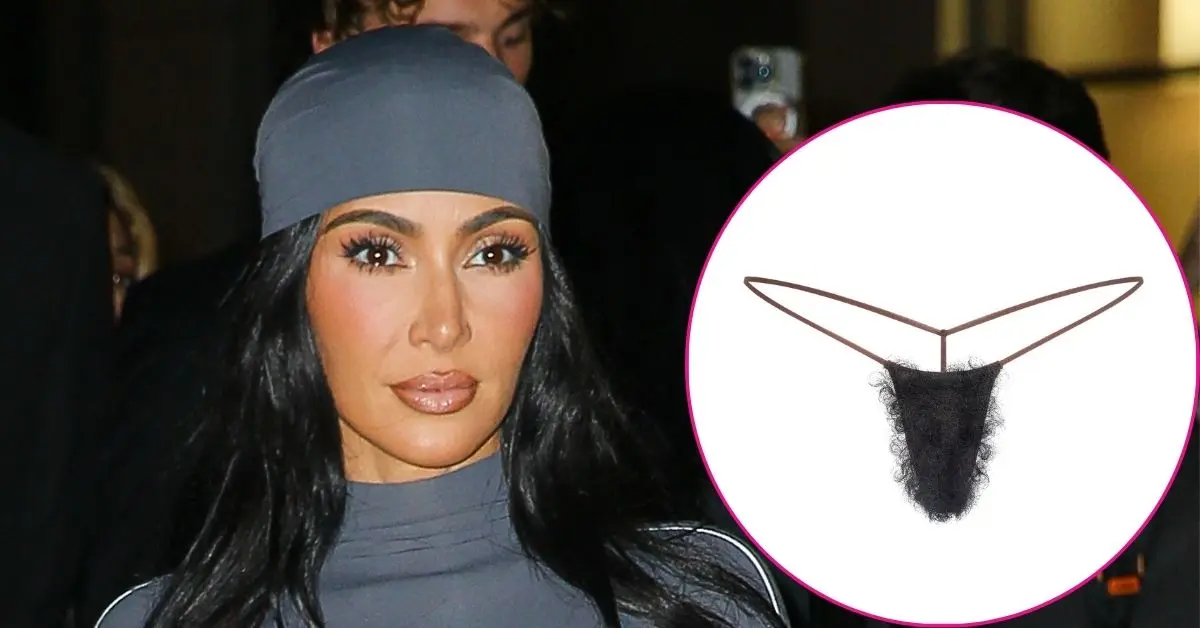Pashinyan made headlines this week by offering to expose himself to the head of the Armenian Church to counter allegations regarding his Christian faith. This unusual gesture stemmed from a Facebook post by a priest alleging that Pashinyan had been circumcised and was, therefore, not truly Christian—an attack that coincides with a broader campaign against the government. The Prime Minister's engagement with social media has marked a distinctive communication strategy since his rise to power following the Velvet Revolution in 2018, and now, with critical elections on the horizon, he faces mounting opposition from the Church, particularly after the 2020 defeat to Azerbaijan.
The current discord dates back to May, when Pashinyan accused Catholicos Karekin II, head of the Armenian Apostolic Church, of breaking celibacy vows and fathering a child—claims the Church has largely ignored while condemning the Prime Minister for attempting to undermine spiritual unity. Following this, Pashinyan sought to establish a "co-ordination group" for electing a new Church leader, challenging constitutional provisions that guarantee separation of church and state.
The situation intensified dramatically this week, with 16 individuals, including high-ranking cleric Archbishop Bagrat Galstanyan, detained for allegedly plotting terrorist acts and attempting to seize power. The Armenian Investigative Committee suggested a well-coordinated effort was underway involving multiple factions, including detained Russian-Armenian billionaire Samvel Karapetyan. Karapetyan, a prominent supporter of the Church, has since been arrested for supposedly inciting a coup.
As the government aims to assert control over essential services like the Electric Networks of Armenia, the allegations have ignited fears of a resurgence of civil unrest. Meanwhile, the Russian government has voiced concern over Karapetyan's legal challenges, further complicating the situation.
Doubts about the nation's stability loom large amidst this religious and political confrontation, with potential ramifications affecting Armenia's social fabric and international relations.
The upcoming period could either pave the way for a renewed power struggle or reveal new opportunities for reconciliation within Armenian society.
The current discord dates back to May, when Pashinyan accused Catholicos Karekin II, head of the Armenian Apostolic Church, of breaking celibacy vows and fathering a child—claims the Church has largely ignored while condemning the Prime Minister for attempting to undermine spiritual unity. Following this, Pashinyan sought to establish a "co-ordination group" for electing a new Church leader, challenging constitutional provisions that guarantee separation of church and state.
The situation intensified dramatically this week, with 16 individuals, including high-ranking cleric Archbishop Bagrat Galstanyan, detained for allegedly plotting terrorist acts and attempting to seize power. The Armenian Investigative Committee suggested a well-coordinated effort was underway involving multiple factions, including detained Russian-Armenian billionaire Samvel Karapetyan. Karapetyan, a prominent supporter of the Church, has since been arrested for supposedly inciting a coup.
As the government aims to assert control over essential services like the Electric Networks of Armenia, the allegations have ignited fears of a resurgence of civil unrest. Meanwhile, the Russian government has voiced concern over Karapetyan's legal challenges, further complicating the situation.
Doubts about the nation's stability loom large amidst this religious and political confrontation, with potential ramifications affecting Armenia's social fabric and international relations.
The upcoming period could either pave the way for a renewed power struggle or reveal new opportunities for reconciliation within Armenian society.





















